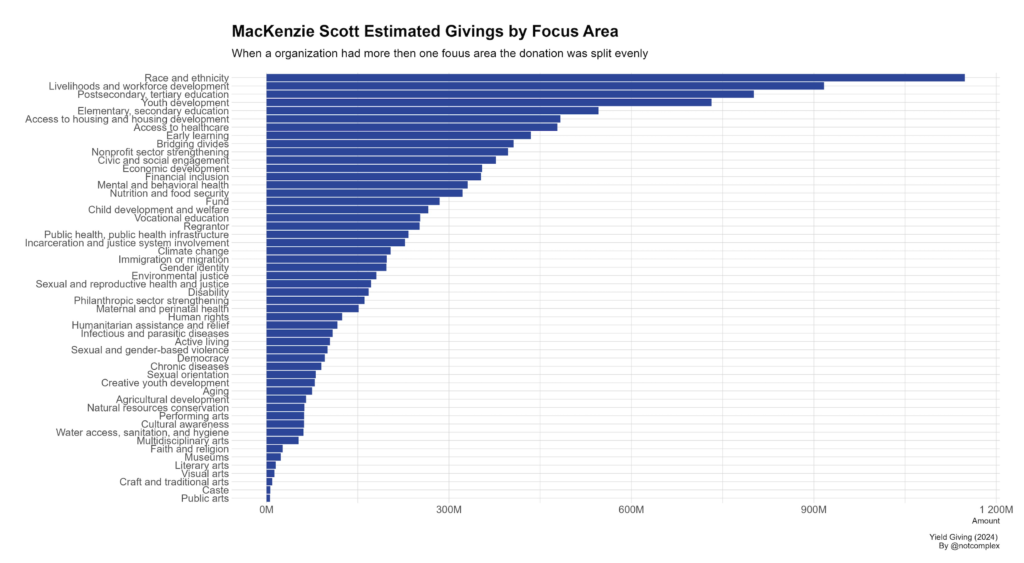Bonjour! Here’s your PolicySphere morning briefing! If you were forwarded this, here’s more about who we are and what we’re doing and, of course, don’t forget to sign up.
#BridgeCollapse – Firstly, our sincere prayers are with any who might be affected by the awful bridge collapse in Baltimore. Like most of our subscribers, we imagine, we have friends who live in the area and our thoughts are with them.
If you are just catching up, the Francis Scott Key Bridge in Baltimore completely collapsed after being hit by a container ship. Here is a link to the BBC’s coverage. As we write this, the number of casualties is unclear, but the Baltimore fire department is describing it as a “mass casualty event”.

Secondly, of course, it is too early to draw definite conclusions until we learn more about the event. But, inevitably, people will start drawing provisional conclusions, and so we may as well add our own.
Much of the following conversation will probably center on “infrastructure”. While many, even on the right now, agree that American infrastructure could do with some upgrading, we don’t agree on how to go about it. As usual, the left thinks just writing big checks will make a difference. Since 2008, the US has had multiple “infrastructure bills” that have promised much and delivered little. Much of the problem stems form (ironically) left-wing-inspired regulations: union rules, environmental review rules, DEI rules… Libertarians and free traders would no doubt add “Buy American” rules. There is another problem, as we saw with the Biden Administration bill, that it is so easy politically to lump anything in the sun into “infrastructure” (“gender equality is infrastructure!”). Under classical government theory, government investment in infrastructure is justified by the fact that quality infrastructure (a) increases the overall productivity of the economy; (b) is affected by tragedy-of-the-commons problems that mean the private sector doesn’t supply all of the infrastructure needs of the community.
The infrastructure debate is complex and important and worth covering at depth, which we intend to, but we want to flag another, related, perhaps even more important issue: what has been called the “competency crisis.” Palladium, a magazine about “the future of governance” founded by Silicon Valley types with interesting political ideas, had an important article last year by Harold Robertson titled: “Complex Systems Won’t Survive the Competence Crisis.”
The fact is that modern society relies on the smooth operation of countless highly complex systems–like the systems that enable massive container ships to sail under bridges without incident–and these systems require a basic level of civilizational competence which may be declining. Perhaps we will hit a tipping point when operating such complex systems becomes impossible. We all have our anecdotes (your correspondent’s involves the elevator in his condominium building, which breaks down with surprising regularity). We can also point to the mysterious recent spate of strange incidents involving Boeing planes.
“America must be understood as a system of interwoven systems; the healthcare system sends a bill to a patient using the postal system, and that patient uses the mobile phone system to pay the bill with a credit card issued by the banking system. All these systems must be assumed to work for anyone to make even simple decisions. But the failure of one system has cascading consequences for all of the adjacent systems. As a consequence of escalating rates of failure, America’s complex systems are slowly collapsing,” Robertson writes.
What is causing the competency crisis? We can point to our candidates. DEI. Overproduction of college graduates. Perhaps secular IQ decline. Perhaps even the secular decline in testosterone levels–not so crazy when you consider how many such engineering-based complex systems are, empirically, maintained by men, and that testosterone levels in men are linked to mental health. When discussing such macro-level trends, one quickly finds one’s mind wandering towards strange-sounding ideas.
Before we can discuss causes, however, we should at least be able to recognize facts. Is there a competency crisis? Obviously, there is no agreed-upon objective metric to measure “competency” that we can look up. As we are all aware, anecdotal thinking is subject to all sorts of cognitive and media bias. But if we are in the early stages of a competency crisis, then identifying it, identifying its contours, and thinking about it, is vitally important.
Meanwhile…
#DEI #Education – Manhattan Institute’s Dan Morenoff: “The federal government conditions approximately $1 billion of grants each year on schools certifying prescribed racial balances for their student bodies.” (NY Post)
#Immigration – All Senate Dems vote against barring taxpayer funds to fly illegal migrants to US towns
#AI #BigTech – Scott Sumner has a chat with Claude 3, one of the most advanced new AI models, and finds out that it is economically illiterate. The issue of Silicon Valley engineers baking political views into AIs will not go away.
#BigTech – The New Atlantis’s Christine Rosen on the many benefits, but also the drawbacks, of the proliferation of home cameras, including increased atomization.
#EVs – WSJ Ed Board: California is using its state-level mandates to force EVs on the US as a whole.
#Healthcare – Cato: “The Biden administration’s proposal to terminate all ‘short-term limited duration’ health plans would increase the number of uninsured by 500,000 and expose already‐sick patients to avoidable financial and health risks.” (Link)
#Housing – “”The White House proposes to increase demand for housing and add more obstacles to its supply: a recipe for failure” (NRO)
#Family – “Marriage doomism completely misses the long arc of history; in fact, the institution of marriage has over the last century become vastly more equitable, inclusive, and aligned with the centrist values of today’s modern Americans.” Jim Darlymple for the Institute for Family Studies
Chart of the Day
The biggest amount of charitable giving by Mackenzie Bezos, Jeff Bezos’s multibillionaire ex-wife, goes to “race and ethnicity” NGOs. (via)

Meme of the Day

